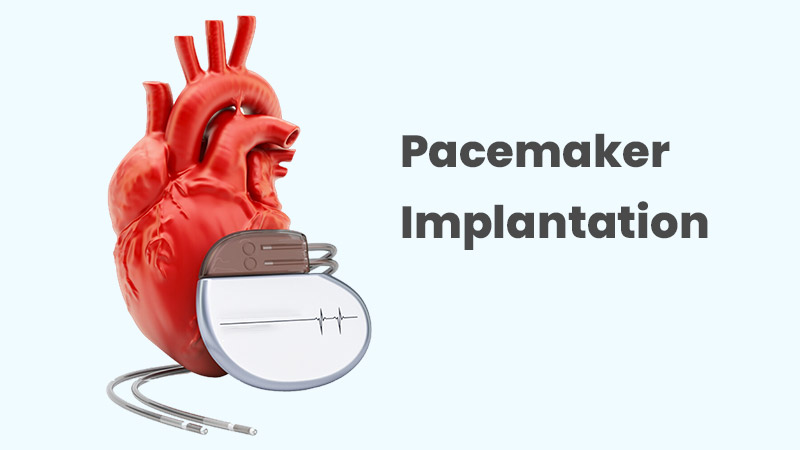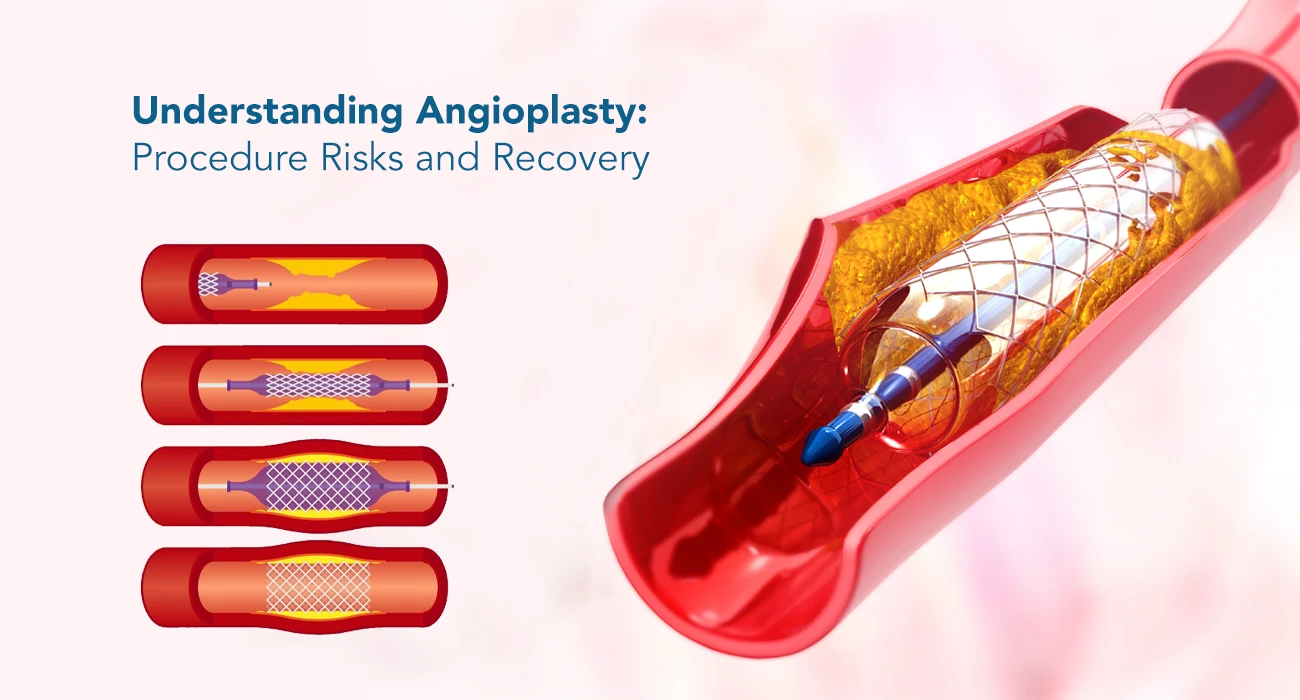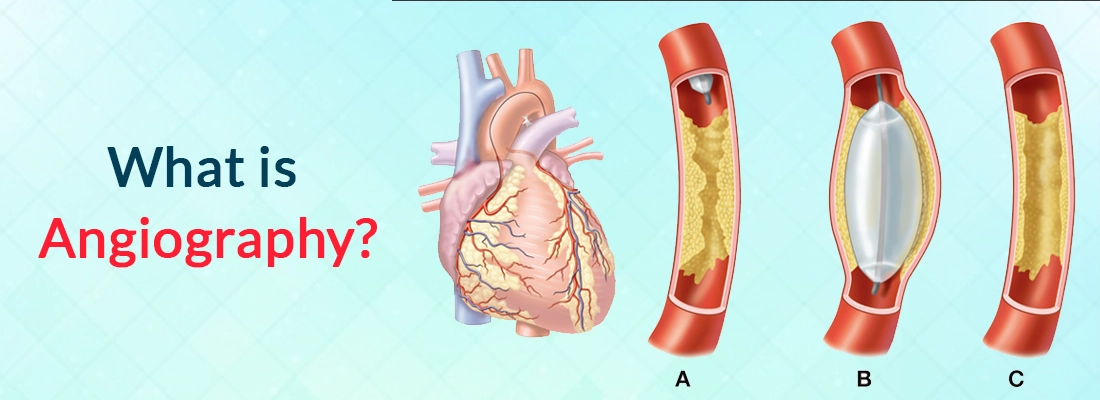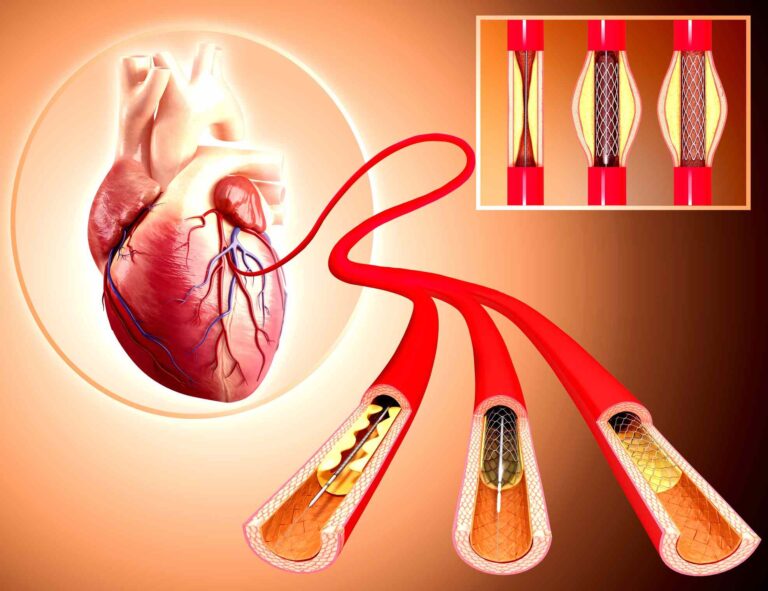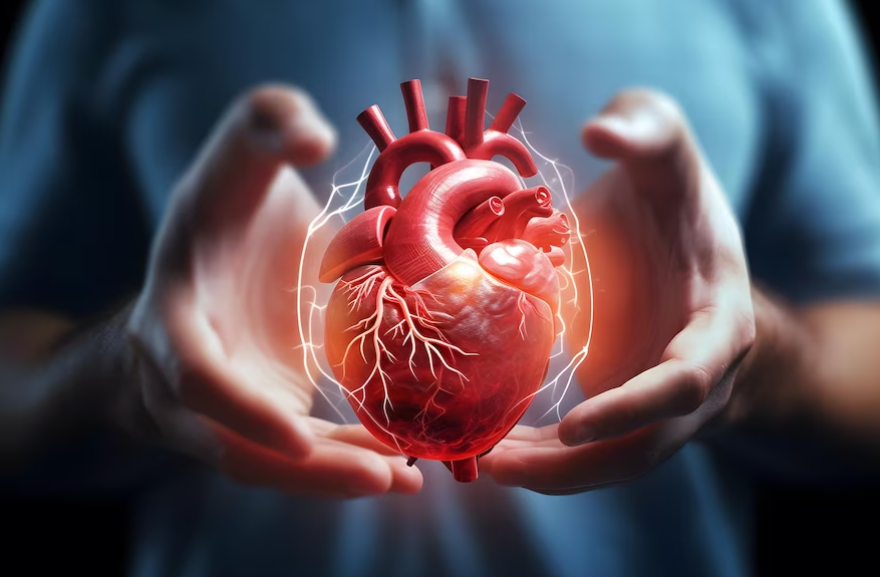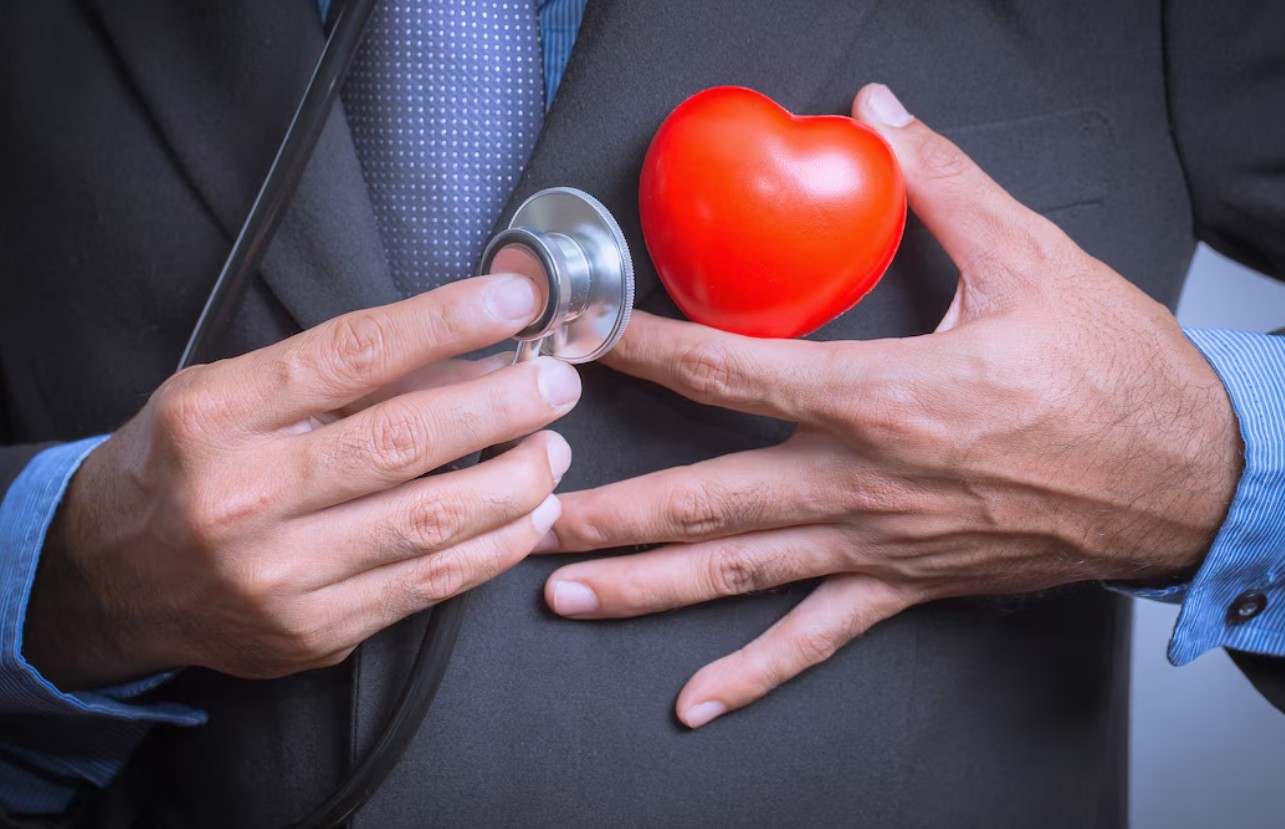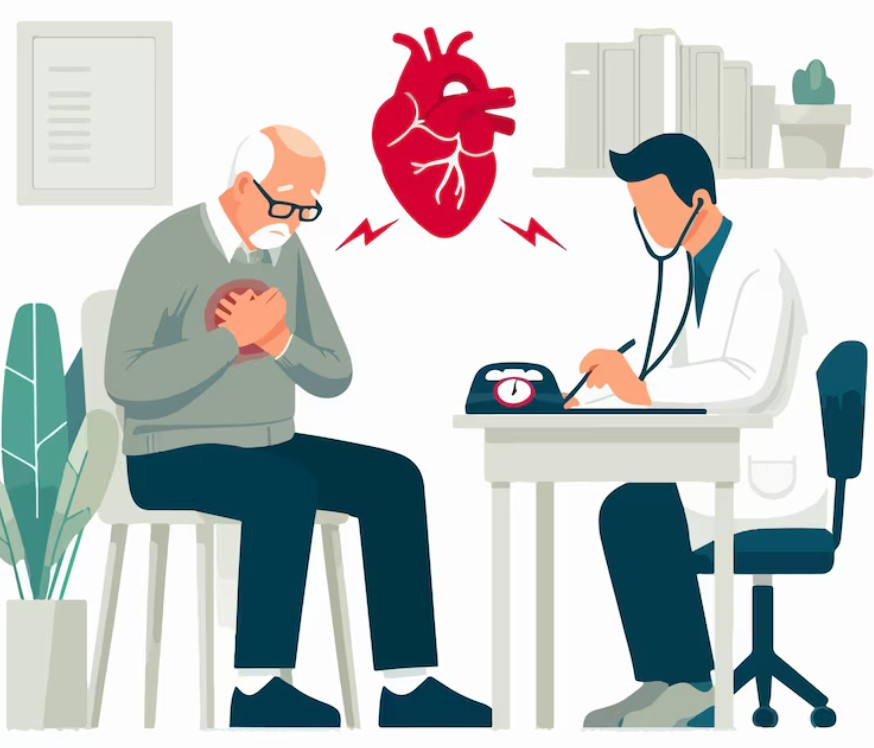Heart health is critical at every stage of life, and finding the best cardiologist in Delhi NCR, India can make a significant difference in prevention, diagnosis, and treatment of heart diseases. With rising cases of hypertension, heart attacks, and lifestyle-related cardiac conditions, expert care is more important than ever. Dr. Sanjay Kumar is widely recognized as one of the most reliable and experienced cardiologists in the region.
Comprehensive Cardiac Care Under One Expert
Dr. Sanjay Kumar provides end-to-end cardiac care, including heart disease prevention, accurate diagnosis, and advanced treatment. His expertise covers conditions such as coronary artery disease, high blood pressure, heart failure, arrhythmias, and post-heart attack care. Patients benefit from evidence-based treatment combined with a personalized approach.
What Makes Dr. Sanjay Kumar the Best Cardiologist in Delhi NCR
Choosing a cardiologist is about trust, skill, and long-term support. Dr. Sanjay Kumar is known for:
- Years of clinical experience in cardiology
- Accurate diagnosis using advanced cardiac tests
- Ethical and transparent treatment plans
- Patient-focused consultations
He strongly believes in preventive cardiology, helping patients manage risk factors like diabetes, obesity, smoking, and stress before they lead to serious heart problems.
Advanced Technology & Patient-Centric Approach
Dr. Sanjay Kumar uses modern diagnostic tools such as ECG, echocardiography, stress testing, and Holter monitoring to ensure precise evaluation. His treatment approach focuses not only on medications and procedures but also on lifestyle modifications, diet counselling, and long-term heart health monitoring.
Trusted by Patients Across Delhi NCR
Patients from Delhi, Noida, Gurugram, Ghaziabad, and Faridabad trust Dr. Sanjay Kumar for his compassionate care and consistent results. His calm demeanour, clear explanations, and commitment to patient well-being make him a preferred cardiologist for families across the region.
Conclusion
If you are looking for the best cardiologist in Delhi NCR, India, Dr. Sanjay Kumar is a name you can rely on. Whether you need preventive heart care or advanced cardiac treatment, his expertise ensures your heart is in safe hands. Book a consultation today and take the first step toward a healthier heart.
People also ask:
-
Best Cardiologist in Faridabad
-
Best Pacemaker Implantation Doctor in Delhi NCR
-
Best Angioplasty Specialist in Noida, Delhi NCR


